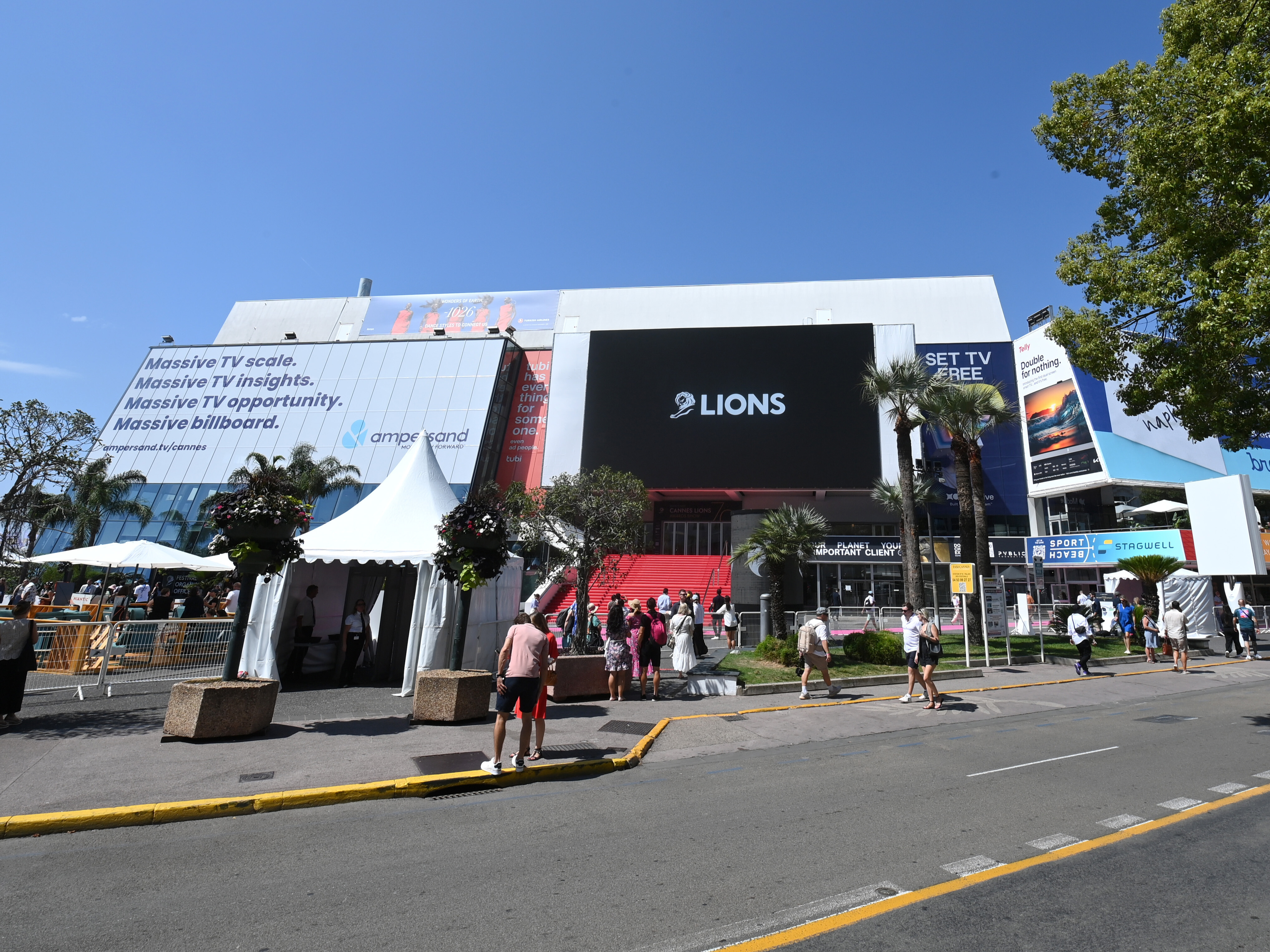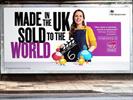Arun Sudhaman 26 Jun 2023 // 11:34AM GMT

Few events polarise opinion in our industry like the Cannes Lions International Festival of Creativity. People tell you why they are attending, and people tell you why they're not. One creative director is adamant that only the idea creation credit matters for PR firms, while another is perfectly happy with a supporting role (more on this later).
Thus, after several years of attending Cannes, I have tended to refrain from the annual Cannes wrap-up story, because any consensus around lessons can appear elusive. But this year's edition, perhaps because of its more exuberant post-pandemic scale, does offer some concrete takeaways, even if many of them are not necessarily welcome reading for the public relations industry.
To start with, perhaps the most important reputation talking point was not especially apparent either onstage at the official Festival programme, nor via the show's many award winners. Brands, as I heard time and again from PR agency and in-house leaders, are becoming incredibly nervous about the political climate in the US and beyond — bringing significant implications for their commitments in such areas as ESG and DEI.
That nervousness is manifesting in different ways, most often via a reluctance to stick one's head above the parapet on issues that can court controversy. Richard Edelman, who has been more outspoken than many of his peers in terms of his firm's commitment to climate change transition, found himself ambushed on the Croisette by Clean Creatives activists. It is little wonder that companies are becoming more reticent for fear of disappointing everyone.
But Edelman's broader point, that companies need to link their societal activism to specific business objectives, is also one I heard echoed throughout the week. Businesses do not get paid in purpose credits, and at a time when their every move is being dissected by right-wing activists, they need to demonstrate the bottomline impact of their ESG policies to ensure that any backlash does not spread to more important stakeholder groups.
If this particular conversation is a welcome sign of the critical importance of public relations during a time of enormous volatility, it was one of few during a week that continues to tango with the PR industry in a more awkward manner than you might expect.
When the PR Lions launched 14 years ago, there was considerable optimism that the Festival would serve as the ideal vehicle for an industry that was keen to shake off its supporting player tag and showcase its ability to lead brand building campaigns. Fourteen years later, judging by the industry's performance at the world's biggest gathering of marketers, it is hard to escape the conclusion that PR firms are receding from view.
There is no question that PR firms are winning more Lions in non-PR categories, and that can only be a good thing. But the continued absence of PR firms when it comes to leading idea creation for PR Lions winners remains a cause for concern, just as it has done every year since the category launched in 2009.
Meanwhile, the official Festival programme proved similarly bereft of PR industry involvement. There were just two sessions led by PR agencies, ensuring the Clean Creatives/Edelman stunt was the most high-profile PR story from the week. If PR firms are not winning metal in front of such a critical audience, they were not necessarily showcasing their thought leadership either.
One important development at Cannes is that the Festival is a noticeably more colourful and younger place these days, a far cry from the pale and stale stereotype that characterised its earlier incarnations. This is largely down to the immense work done by many DEI organizations, none more so than the CC:DC initiative that is led by FleishmanHillard's Adrianne Smith.
Smith, unsurprisingly, is as concerned as anyone by the PR industry's lack of progress on DEI — another theme that emerged from conversations during the week. It has been three years since PR firms promised much following the murder of George Floyd, but our series of interviews with diversity leaders last week reflects how difficult that transformation has become for many of them.
That much is as apparent in terms of the PR sector's presence at Cannes as it is at most major industry events. The Inkwell beach has done a wonderful job in terms of promoting diversity at the event, but the PR industry profile remains largely homogenous. Even more so this year, perhaps, because of the noticeable decrease of PR delegates from Asia.
Some of that is down to China's smaller presence at this year's Cannes, a reminder of the geopolitical decoupling that continues to vex many minds as a corporate communications challenge. More broadly, though, it can only be to the industry's benefit to showcase more practitioners from outside the traditional PR power bases in New York and London.
That kind of diversity, incorporating the global South as genuine thought leaders rather than support players, might help public relations change a few perceptions on the Croisette, especially when it comes to marketers that are keenly attuned to purchasing power trends outside the West. But change, as we are often reminded, is hard.
Change, though, is also unavoidable — as evidenced by the many discussions on AI that took place at a Festival that has become noticeably more tech-centric in recent years. Most of these conversations were theoretical rather than practical - reflecting the experimental stage that we find ourselves in. But there was plenty to suggest that PR firms will soon be disrupted; whether they can capitalise on new technologies remains to be seen. Sleepwalking towards the future, as we have learned only too well at Cannes, will not be enough.


































.jpg)

















